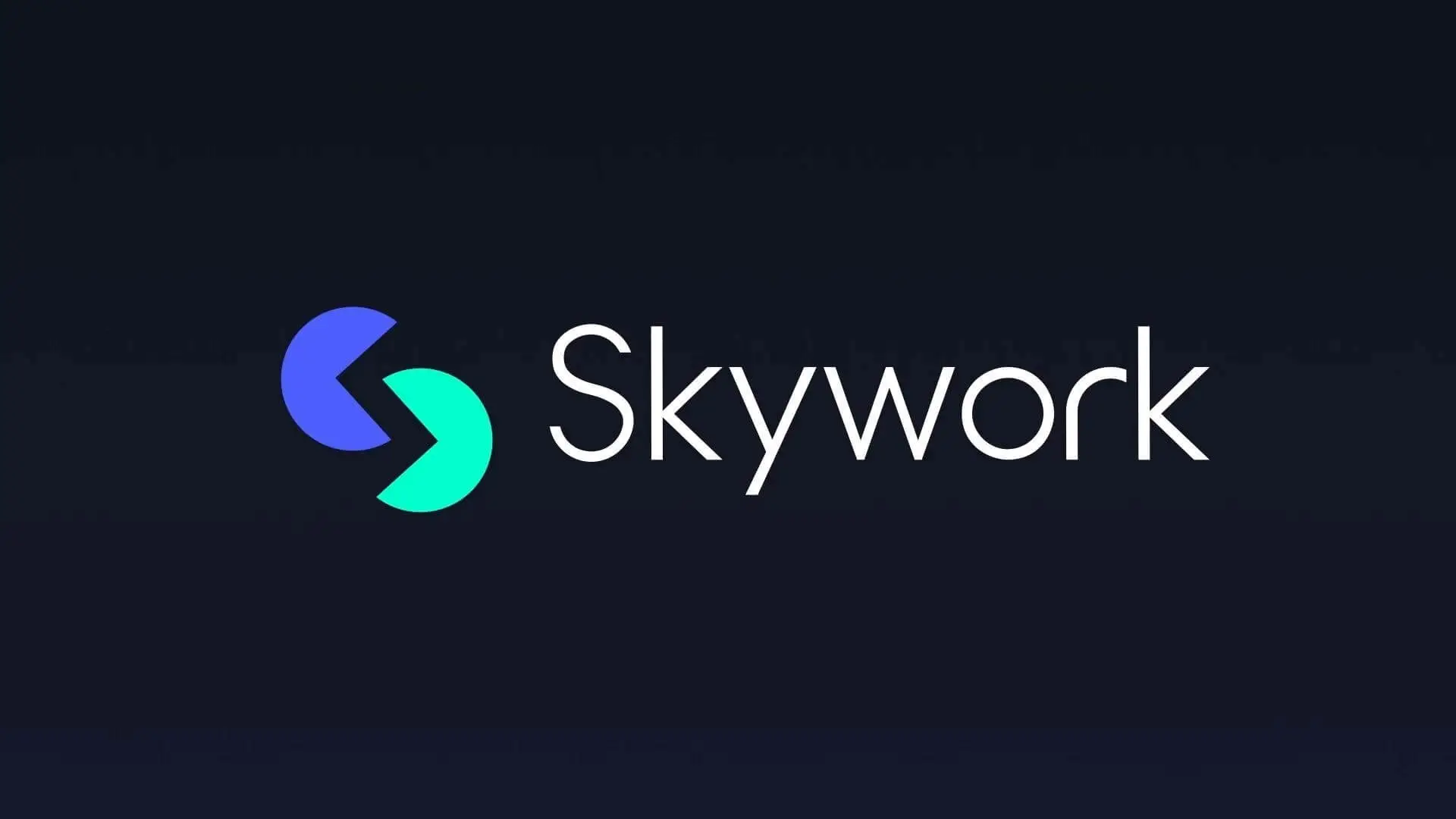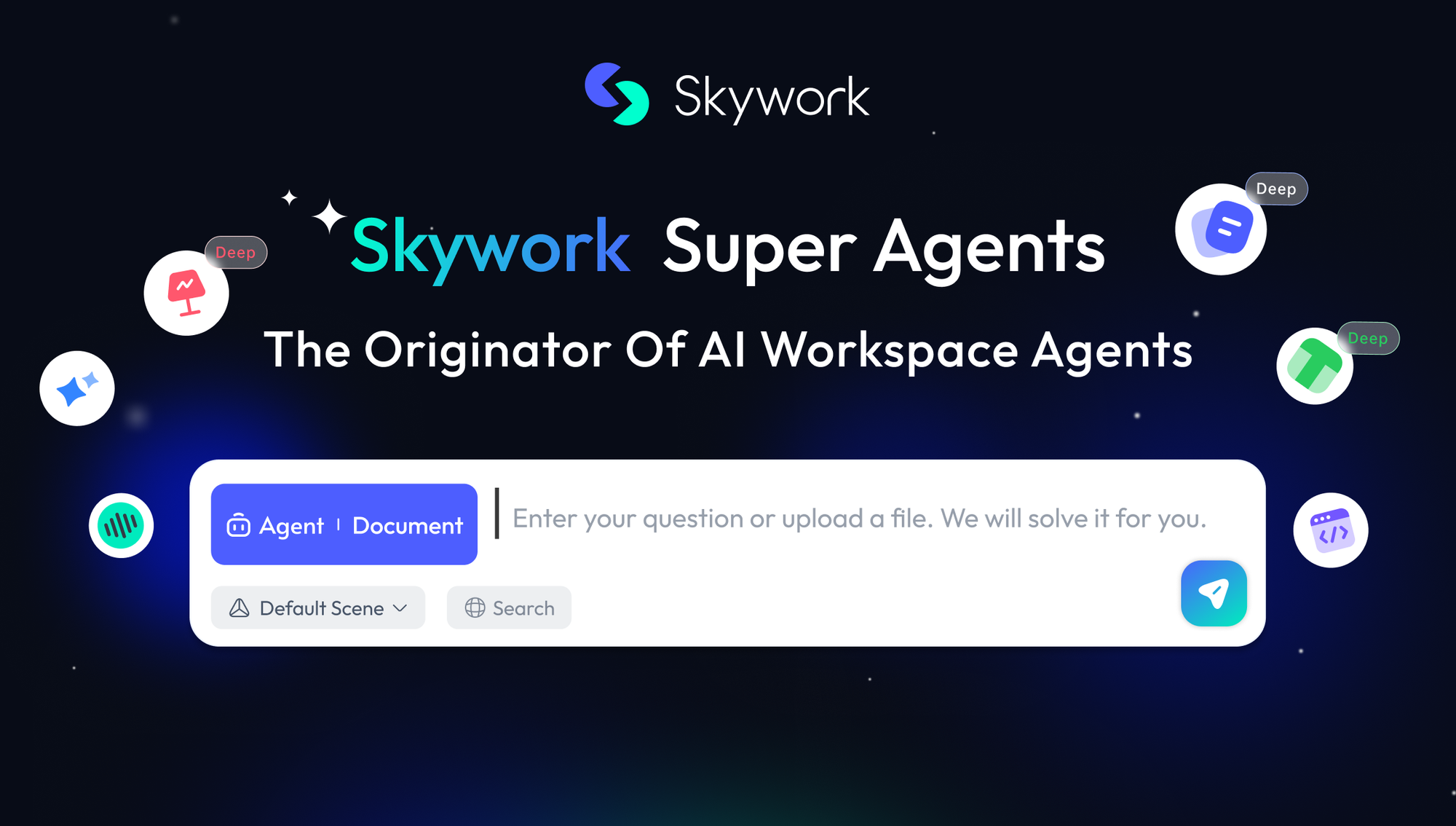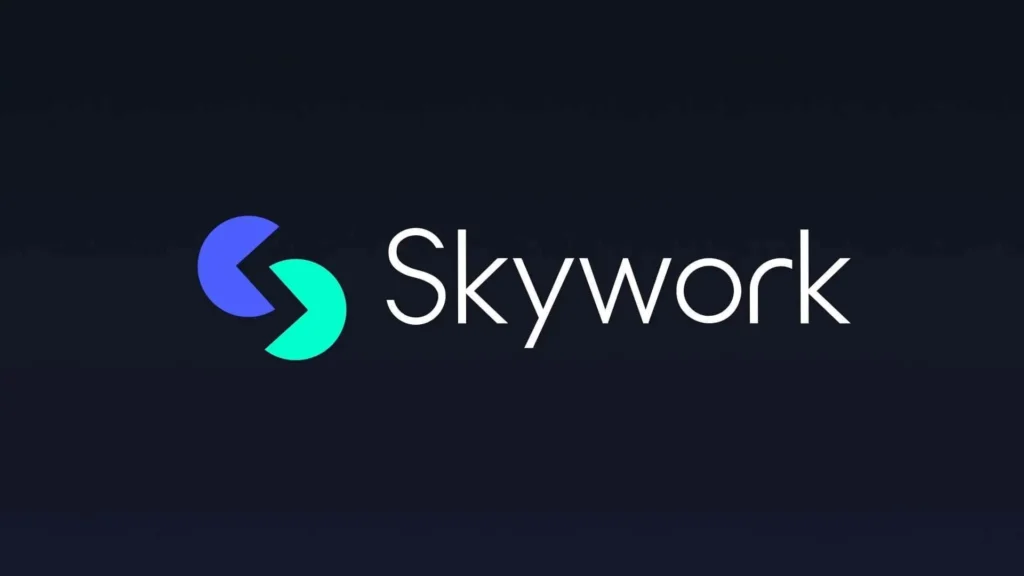Great shows stand out because of strong names. On platforms like Apple Podcasts and Spotify, titles, descriptions, and tags are key. They help your show climb the charts and get found more easily. For example, The Daily from The New York Times shows the power of a clear title. And Crime Junkie by Audiochuck grabs attention with its genre-specific name.
Studies by Nielsen and Edison Research highlight the importance of recommendations. When browsing, a catchy name can make someone want to listen. Titles that clearly offer value can also improve click rates and listens. Here’s where the right naming strategy can make a big difference.

Top brand experts agree on a simple approach. Marty Neumeier and Google’s Search Essentials stress the need for clarity and relevance. A good podcast name should clearly show its focus and match what listeners are searching for. Adding words like “daily” or “for beginners” can also help. Skywork helps create podcast names that are easy to remember and share.
Start with Skywork to brainstorm, choose, and test your podcast name. Make sure it aligns with what your show offers and how it fits its category. Then, ensure it’s not already taken and see if people remember it. With the right name, your podcast will open doors instead of creating confusion.
Key Takeaways
- Clear, descriptive titles perform better in Apple Podcasts and Spotify search and charts.
- Word‑of‑mouth and in‑app browsing reward names with direct value propositions.
- Follow positioning principles: signal niche, reflect intent, and avoid ambiguity.
- Use Skywork to turn podcast title ideas into aligned, memorable podcast names.
- Match podcast branding across cover art, domains, and social handles for recall.
- Add precise modifiers when they aid discovery, not as keyword stuffing.
- Validate with availability checks and quick A/B recall tests before launch.
Why Podcast Names Matter for Branding, Discovery, and Listener Growth?
A catchy title makes a huge difference. It helps your podcast stand out in a sea of others. Good names make clear what your podcast is about, set the mood, and get potential listeners excited all within moments. They also make it easier for people to find your podcast and help create a strong, appealing brand that draws people in.
How a Name Signals Your Niche and Value Proposition?
Names are like signs. For instance, NPR’s Planet Money immediately tells you it’s about economics. Pivot, by Vox Media and New York Magazine, suggests a mix of tech and business talk. A well-chosen title can quickly show what a listener will gain, helping them decide to give it a try.
It’s best to keep it simple and direct. This strategy is borrowed from the branding gurus Al Ries and Jack Trout. They believe a name should be a quick mental link to what your podcast stands for. Choosing a good name is all about clarity and a promise that catches people’s attention.
Impact on Click-Through Rates in Podcast Apps and Search
In apps like Spotify, Apple Podcasts, and YouTube Music, people often just glance and tap. Names that clearly mention the theme, matched with engaging artwork and titles, can really improve your click-through rates. Keywords like “daily news,” “startup stories,” or “true crime” are very helpful, not just fillers.
Reports from Chartable and Podtrac confirm this. They show that a consistent naming scheme helps with both browsing and searching. A well-thought-out name makes it easier for listeners to find your podcast, and having consistent messaging helps too.
Brand Consistency Across Cover Art, Domains, and Social Handles
Repeating your brand elements helps people remember you. Keeping your podcast’s name, look, and feel the same across your cover art, website, and social media makes a big difference. Look at how The Vergecast closely matches The Verge. This unity assists in better recognition and memory of your brand.
Before you launch, make sure to check that your preferred domain names and social media handles are available. This can save you from needing a rebrand later on. Picking a good name from the start helps keep your brand stable as it grows.
Keyword Relevance vs. Creativity: Finding the Right Balance
Don’t just cram keywords into your title. Instead, blend them in thoughtfully. Words like Daily, Brief, Explained, or Deep Dive can add meaningful context. NPR’s How I Built This is a great example of clarity mixed with an engaging style, showing it’s possible to be both easy to find and interesting.
Be creative but stay grounded. Use wordplay or imagery, but make sure your audience can still understand the topic. This way, your podcast is easier to find and your title resonates with listeners. With a good name, you can strike the right balance between standing out and staying relevant.
| Naming Factor | What It Signals | Effect on Metrics | Practical Tip |
| Clarity of Topic | Audience fit and podcast value proposition | Higher podcast CTR and stronger podcast discovery | Add one plain-language topic cue (e.g., “news,” “marketing,” “memoir”). |
| Originality | Distinct brand voice | Better recall and repeat visits | Use light alliteration or a metaphor without hiding the core theme. |
| Keyword Alignment | Search intent match for podcast SEO | Improved browse and search visibility | Integrate one relevant modifier like “Daily” or “Explained.” |
| Visual Cohesion | Podcast brand consistency across channels | Faster recognition and trust | Mirror the title tone in cover art fonts and colors. |
| Handle and Domain Fit | Cross-platform accessibility | Lower confusion and smoother sharing | Secure matching domains and social handles before launch. |
| Longevity | Future-proof positioning | Fewer renames and audience drop-offs | Avoid trends; choose terms that age well with the niche. |
Skywork good podcast names: Proven Methods, Examples, and Validation Tips

Good titles spread fast. Use good podcast names for creating catchy podcast names from your ideas. Combine creativity with smart SEO strategies. Make sure to check if the name isn’t already taken.
Brainstorming Frameworks: Alliteration, Portmanteau, and Metaphor-Driven Titles
Alliteration makes names memorable and rhythmic. For example, “Science Vs” from Gimlet stands out. Try something like “Money Minute” or “Climate Chronicles.” It should be short and simple.
Portmanteaus give your title an interesting twist. “Freakonomics Radio” is a great example. Test names like “Techonomics” or “Brandscape” to make sure they’re clear.
Metaphors invite curiosity. “The Moth” suggests storytelling. Use names like “Lighthouse” or “Lab” that show what your podcast offers. Pick images that fit your theme.
Using Skywork to Generate, Filter, and Score High-Intent Name Ideas
Use Skywork’s generator to come up with lots of names. Then, sift through them for clarity, memorability, and relevance. This process helps you find the best one.
Compare names in Skywork based on how easy they are to read, their length, and how they sound. Names with 10–28 characters usually stand out the most.
SEO and ASO Considerations: Long-Tail Modifiers, Clarity, and Search Intent
Keep main titles clean in Apple Podcasts and Spotify. Use subtitles for extra details like “for beginners.” This avoids keyword stuffing.
Analyze keywords with tools like Google Trends. Keep spelling simple so Siri and Google can find your podcast easily.
Availability Checks: Domains, Social Handles, and Trademark Red Flags
Make sure your podcast name is available. Use sites like Google Domains to check. Your social media handles should match your podcast name.
Do a quick search on the US Patent and Trademark Office’s site. Watch for similar names or spellings that could cause confusion.
User Testing: A/B Name Cards, Recall Tests, and Pronunciation Checks
Test your names with real users. Use A/B testing with the same artwork to see which name is clearer. Check if people can pronounce it easily.
See if people remember the name after a day or two. Also, test it with voice assistants to avoid discovery issues.
Examples by Genre: News, True Crime, Business, Comedy, and Education
News podcasts like The Daily are urgent and quick. True Crime shows like Crime Junkie are intriguing.
Business podcasts offer insights and credibility. Look at How I Built This. Comedy pods like Conan O’Brien Needs A Friend are all about fun and personality.
Education shows like Stuff You Should Know mix curiosity and knowledge. Skywork uses these examples to help find names that match your style and content.
Conclusion
A title does more than just name your podcast. It’s a key tool for growing your brand and audience. It quickly shows what you’re about, helps people find you on platforms like Apple Podcasts and Spotify, and matches your other branding. When you get your message and branding right, your podcast can grow steadily.
Keeping the process simple is crucial. Start by defining your podcast’s focus and who you’re talking to. Then, outline the main benefits listeners will get. Get creative with your name ideas. Use methods like alliteration or metaphors to come up with a list. Then, refine it for clarity and uniqueness with tools like Skywork. Don’t forget to check SEO and optimize with keywords and subtitles.
Before settling on a name, go through a detailed checklist. Make sure your name doesn’t clash with others by checking domains, social media, and the USPTO TESS database.
Test how easy it is for people to remember, say, and understand your name. Revise it until it feels just right. This approach ensures your podcast name stands out, is easy to find, and lasts a long time.
By mixing creativity with systematic checks, you craft a strong identity. This approach gives you good podcast names that work across different media and over time.
They help with discovery by algorithms and encourage audience growth. Consider your podcast’s name a key part of its success. With the right name, your show has a significant advantage right from the start.
FAQ
How does a podcast name affect discoverability on Apple Podcasts and Spotify?
Clear, descriptive titles make your podcast easier to find. Shows like The Daily and Crime Junkie prove that simple, genre-specific names get more clicks. Match your title with the show’s description and tags to rise in search results.
What makes a podcast name memorable enough to boost click-through rates?
Names that quickly show value, like “daily” or “true crime,” increase clicks. They work well with a matching design and episode titles. Studies show memorable, clear names are key in the fast-paced decision of what to listen to.
How should my name signal niche and value proposition?
Choose clear, simple words that show your podcast’s focus and benefits. Podcasts like Planet Money and Pivot excel at this. They use their names as shortcuts to show what the podcast offers in just a few words.
Should I prioritize keywords or creativity when naming?
Find a balance. Mix in relevant keywords in a natural manner—like “Explained” or “for beginners”—but don’t overdo it. Creative elements like alliteration add interest. How I Built This is a great example, combining clarity with storytelling appeal.
How can Skywork help me create good podcast names?
Skywork comes up with many names based on your niche and audience, then checks for clarity and relevance. It evaluates names, weeds out the weak ones, and picks the best, giving details on syllables, readability, and the best length for visibility.
What brainstorming frameworks work best for naming?
Use approaches like alliteration (Money Minute), blending words (Techonomics), or metaphors (The Lab). Keep the name easy to say and link images to benefits. This helps listeners remember your podcast.
What are key SEO and ASO tips for podcast titles?
Use a simple main title with specific details in the subtitle, like “daily brief.” Research with tools like Google Trends. Choose names easy to spell to avoid search errors, especially with voice searches on devices like Siri.
How do I check availability for domains, social handles, and trademarks?
Check domains on Google Domains or Namecheap. Use Namecheckr for social handles. Look up trademarks on the USPTO TESS site. Focus especially on certain classes and think about global markets if you’re going international.
What user testing methods validate a podcast name?
Compare different names using A/B testing. Check if people can remember and pronounce the name correctly after a short time. Also, test how well voice assistants like Siri and Alexa understand the name.
How important is brand consistency across art, domains, and social?
It’s very important. Make sure your logo, colors, website, and social media match your podcast’s name. Look at The Vergecast and its consistent brand across various platforms. This unity helps listeners identify your show.
Which naming patterns perform well by genre?
Each genre has its trends. News podcasts use urgent and concise names (The Daily). True crime highlights the genre (Crime Junkie). Business podcasts focus on outcomes (How I Built This). Comedy shows often reflect the host’s personality (Conan O’Brien Needs A Friend).
What title length works best in podcast app tiles?
Short titles work best, staying within 10–28 characters. Aim for titles that are easy to read at a glance and avoid complicated punctuation.
How can I avoid costly rebrands later?
Check everything before you launch: domains, social media, trademarks, etc. Record similar-sounding names or common misspellings. Make sure your logo, website, and social media reinforce your podcast’s name.
What’s a simple workflow to land on a winning name?
First, be clear about what your podcast stands for. Use styles like alliteration or metaphors to brainstorm names. Score them with Skywork for clarity. Add distinctive details in the subtitle. Check the name’s availability, test with actual listeners, and refine as needed.
Can Skywork help me find good podcast names tailored to U.S. listeners?
Yes. Skywork checks your ideas against popular U.S. shows and searches. It helps find names that are memorable and search-friendly, balancing creativity with the right keywords to grow your audience.

